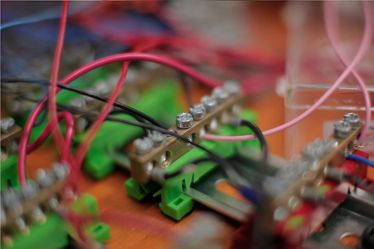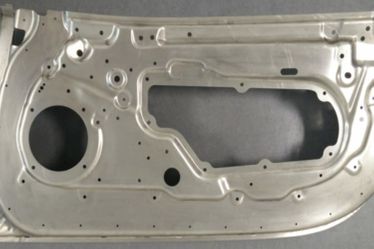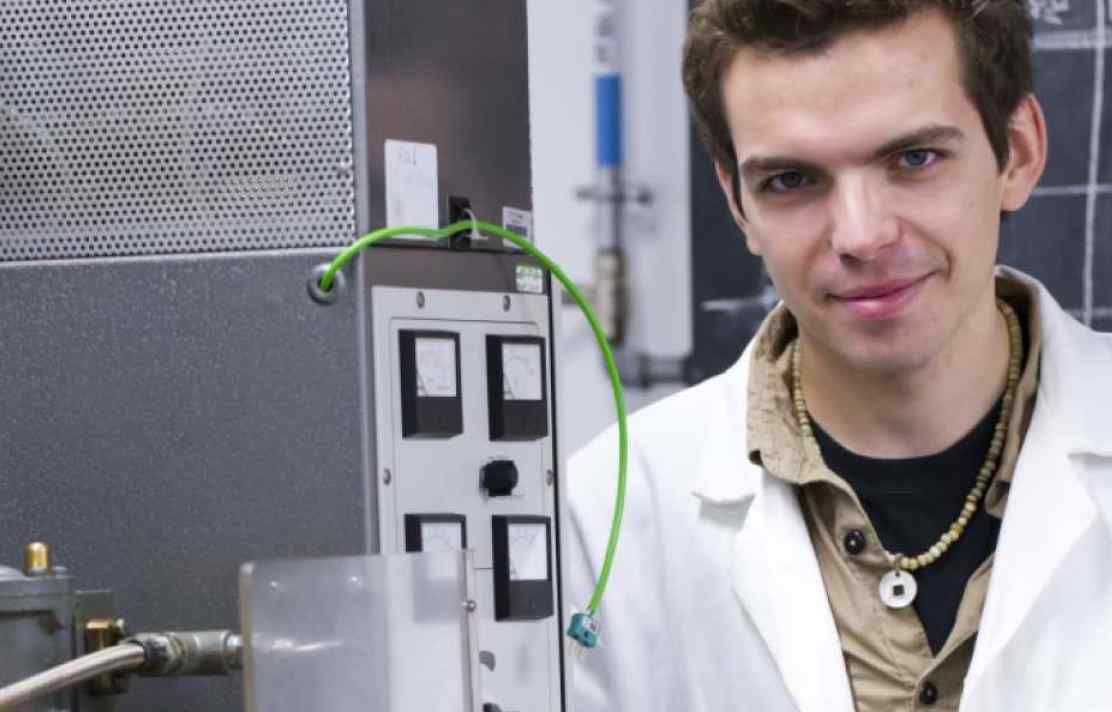
We focus on understanding and predicting the deformation and failure behaviour of a range of materials from metals, ceramics, polymers and composites to adhesives and soft solids. Most of our research is done in collaboration with key industry sectors such as power generation, automotive, aerospace, defence and food technology.
We have advanced experimental testing facilities and equipment as well as high-performance computational facilities. As one of the largest university research teams of its kind, we can call on expertise in analytical, experimental and numerical techniques to solve a wide range of engineering problems that are relevant to industry.
Find out more about the expertise of our research staff, and who are the right people to contact in each research area:
3 col general content block

Engineering for sustainability
Hydrogen and fuel cells, energy storage, carbon utilisation
Lithium ion batteries and supercapacitors, next generation batteries, electrochemical synthesis
Circular economy for plastic and composite materials (includes repair of composites)
Materials engineering for arts conservation: effect of environmental control
Materials optimisation and control for nuclear fission and fusion applications

Fundamental mechanics research
High strain rate and impact behaviour of polymers, composites and metallic alloys
Evolution of defect structures in crystalline materials
Fatigue and durability of polymers, composites, coatings and metals
Improved performance of adhesives, joints, coatings, and interfaces in multi-phase composites

Manufacturing: optimisation and digitisation
Food processing and links to physiology/nutrition

PhD study
Early Career Research Fellowships
Find out more about applying for early career fellowships in our department